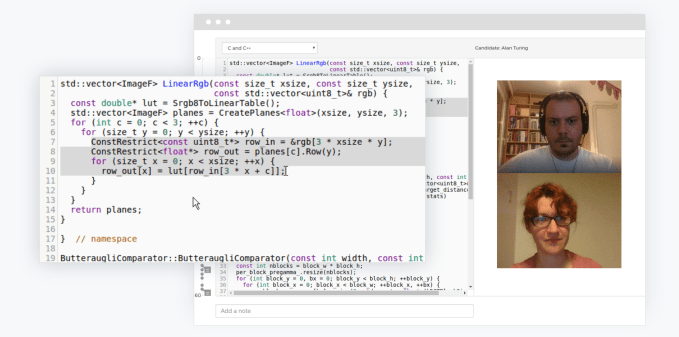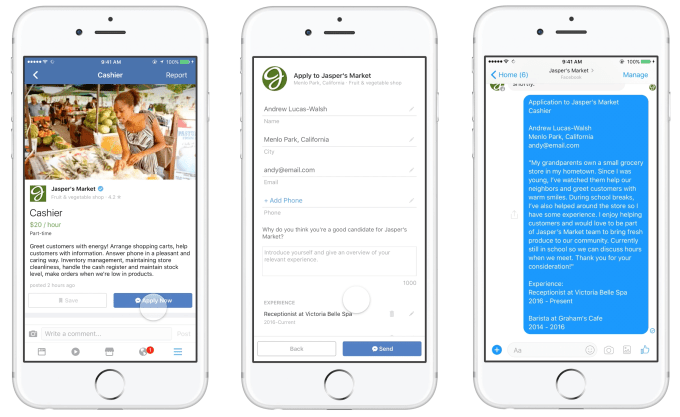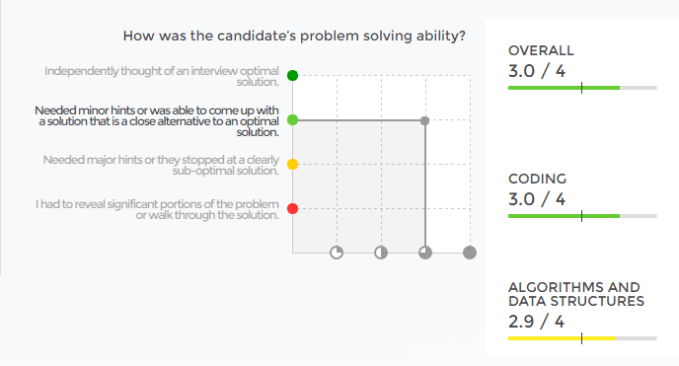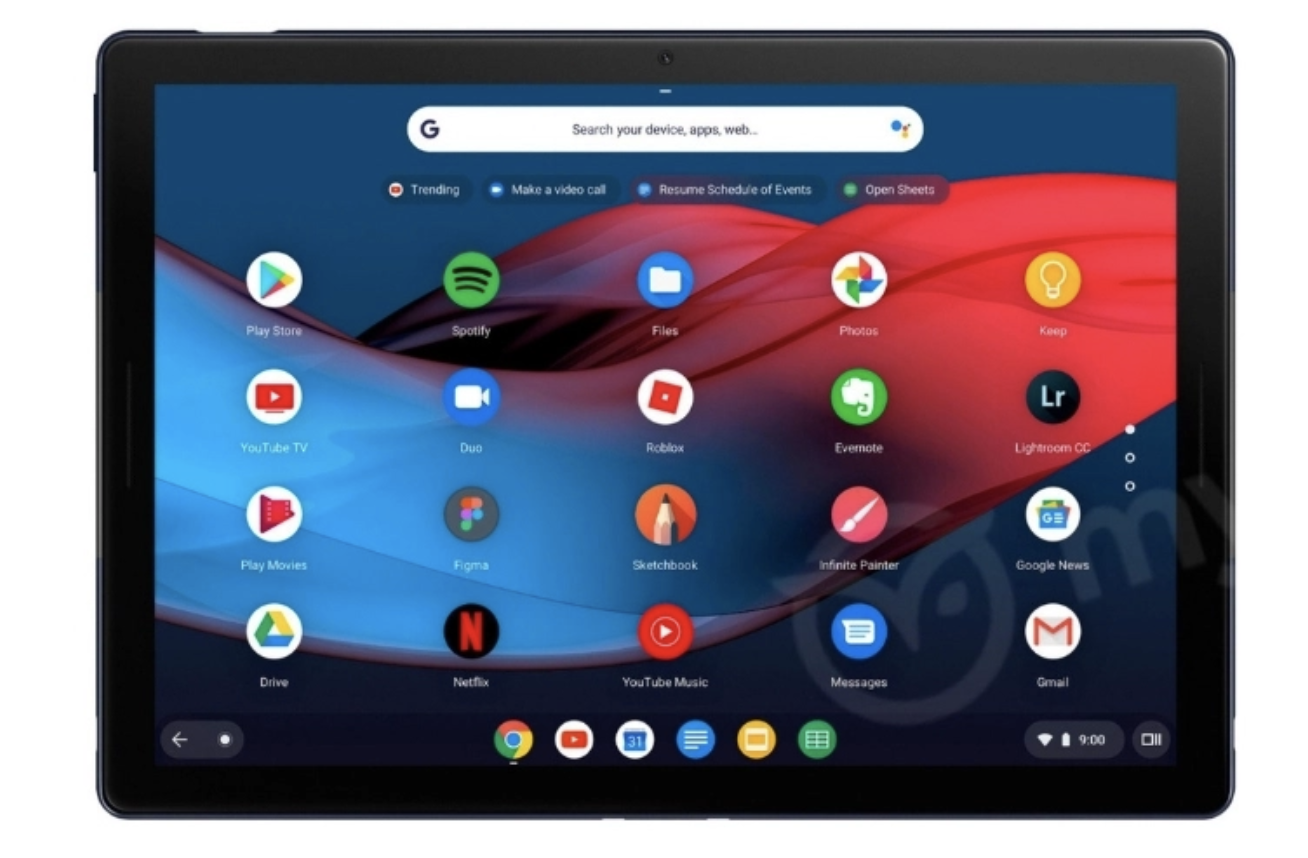If investors at some of the biggest technology companies are right, the next big restaurant chain could have no kitchens of its own.
These venture capitalists think the same forces that have transformed transportation, media, retail and logistics will also work their way through prepared food businesses.
Investors are pouring millions into the creation of a network of shared kitchens, storage facilities, and pickup counters that established chains and new food entrepreneurs can access to cut down on overhead and quickly spin up new concepts in fast food and casual dining.
Powering all of this is a food delivery market that could grow from $35 billion to a $365 billion industry by 2030, according to a report from UBS’s research group, the “Evidence Lab”.
“We’ve had conversations with the biggest and fastest growing restaurant brands in the country and even some of the casual brands,” said Jim Collins, a serial entrepreneur, restauranteur, and the chief executive of the food-service startup, Kitchen United. “In every board room for every major restaurant brand in the country… the number one conversation surrounds the topic of how are we going to address [off-premise diners].”
Collins’ company just raised $10 million in a funding round led by GV, the investment arm of Google parent company, Alphabet. But Alphabet’s investment team is far from the only group investing in the restaurant infrastructure as a service business.
Perhaps the best capitalized company focusing on distributed kitchens is CloudKitchens, one of two subsidiaries owned by the holding company City Storage Solutions.
Cloud Kitchens and its sister company Cloud Retail are the two arms of the new venture from Uber co-founder and former chief executive, Travis Kalanick, which was formed with a $150 million investment.
As we reported at the time, Travis announced that he would be starting a new fund with the riches he made from Uber shares sold in its most recent major secondary round. Kalanick said his 10100, or “ten one hundred”, fund would be geared toward “large-scale job creation,” with investments in real estate, e-commerce, and “emerging innovation in India and China.”
If anyone is aware of the massive market potential for leveraging on-demand services, it’s Kalanick. Especially since he was one of the architects of the infrastructure that has made it possible.
Other deep pocketed companies have also stepped into the fray. Late last year Acre Venture Partners, the investment arm formed by The Campbell Soup Co., participated in a $13 million investment for Pilotworks, another distributed kitchen operator based in Brooklyn.
Meanwhile, Kitchen United has been busy putting together a deep bench of executive talent culled from some of the largest and most successful American fast food restaurant chains.
Former Taco Bell Chief Development Officer, Meredith Sandland, joined the company earlier this year as its chief operating officer, while former McDonald’s executive Atul Sood, who oversaw the burger giant’s relationship with online delivery services, has come aboard as Kitchen United’s Chief Business Officer.
The millions of dollars spicing up this new business model investors are serving up could be considered the second iteration of a food startup wave.
An earlier generation of prepared food startups crashed and burned while trying to spin up just this type of vision with investments in their own infrastructure. New York celebrity chef David Chang, the owner and creator of the city’s famous Momofuku restaurants (and Milk Bar, and Ma Peche), was an investor in Maple, a new delivery-only food startup that raised $25 million before it was shut down and its technology was absorbed into the European, delivery service, Deliveroo.
Ando, which Chang founded, was another attempt at creating a business with a single storefront for takeout and a massive reliance on delivery services to do the heavy lifting of entering new neighborhoods and markets. That company wound up getting acquired by UberEats after raising $7 million in venture funding.
Those losses are slight compared to the woes of investors in companies like Munchery, ($125.4 million) Sprig, ($56.7 million) and SpoonRocket ($13 million). Sprig and Spoonrocket are now defunct, and Munchery had to pull back from markets in Los Angeles, New York, and Seattle as it fights for survival. The company also reportedly was looking at recapitalizing earlier in the year at a greatly reduced valuation.
What gives companies like Kitchen United, Pilotworks and Cloud Kitchens hope is that they’re not required to actually create the next big successful concept in fast food or casual dining. They just have to enable it.
Kitchen United just opened a 12,000 square foot facility in Pasadena for just that purpose — and has plans to open more locations in West Los Angeles; Jersey City, N.J.; Atlanta; Columbus, Ohio; Phoenix; Seattle and Denver. Its competitor, Pilotworks, already has operations in Brooklyn, Chicago, Dallas, and Providence, R.I.
While the two companies have similar visions, they’re currently pursuing different initial customers. Pilotworks has pitched itself as a recipe for success for new food entrepreneurs. Kitchen United, by comparison is giving successful local, regional, and national brands a way to expand their footprint without investing in real estate.
“One of the directions that the company was thinking of going was toward the restaurant industry and the second was in the food service entrepreneurial sector,” said Collins. “Would it be a company that served restaurants with their expansions? Now, we’re in deep discussions with all kinds of restaurants.”
Smaller national fast food chains like Chick-Fil-A or Shake Shack, or fast casual chains like Dennys and Shoney’s could be customers, said Collins. So could local companies that are trying to expand their regional footprint. Los Angeles’ famous Canter’s Deli is a Kitchen United customer (and an early adopter of a number of new restaurant innovations) and so is The Lost Cuban Kitchen, an Iowa-based Cuban restaurant that’s expanding to Los Angeles.
Kitchen United is looking to create kitchen centers that can house between 10-20 restaurants in converted warehouses, big box retail and light industrial locations.
Using demographic data and “demand mapping” for specific cuisines, Kitchen United said that it can provide optimal locations and site the right restaurant to meet consumer demand. The company is also pitching labor management, menu management and delivery tools to help streamline the process of getting a new location up and running.
“In all of the facilities, all of the restaurants have their own four-walled space,” says Collins. “There’s shared infrastructure outside of that.”
Some of that infrastructure is taking food deliveries and an ability to serve as a central hub for local supplier, according to Collins. “One of the things that we’re going to be launching relatively soon here in Pasadena, is actually in-service days where local supplier and purveyors can come in and meet with seven restaurants at once.”
It’s also possible that restaurants in the Kitchen United spaces could take advantage of restaurant technologies being developed by one of the startup’s sister companies through Cali Group, a holding company for a number of different e-sports, retail, and food technology startups.
The Pasadena-based kitchen company was founded by Harry Tsao, an investor in food technology (and a part owner of the Golden State Warriors and the Los Angeles Football Club) through his fund Avista Investments; and John Miller, a serial entrepreneur who founded the Cali Group.
In fact, Kitchen United operates as a Cali Group portfolio company alongside Miso Robotics, the developer of the burger flipping robot, Flippy; Caliburger, an In-n-Out clone first developed by Miller in Shanghai and brought back to the U.S.; and FunWall, a display technology for online gaming in retail settings.
“Kitchen United’s data-driven approach to flexible kitchen spaces unlocks critical value for national, regional, and local restaurant chains looking to expand into new markets,” said Adam Ghobarah, general partner at GV, and a new director on the Kitchen United board. “The founding team’s experience in scaling — in addition to diverse exposure to national chains, regional brands, regional franchises, and small upstart eateries — puts Kitchen United in a strong position to accelerate food innovation.”
GV’s Ghobarah actually sees the investment of a piece with other bets that Alphabet’s venture capital arm has made around the food industry.
The firm is a backer of the fully automated hamburger preparation company, Creator, which has raised roughly $28 million to develop its hamburger making robot (if Securities and Exchange Commission filings can be believed). And it has backed the containerized farming startup, Bowery Farming, with a $20 million investment.
Ghobarah sees an entirely new food distribution ecosystem built up around facilities where Bowery’s farms are colocated with Kitchen United’s restaurants to reduce logistical hurdles and create new hubs.
“As urban farming like Bowery scales up… that becomes more and more realistic,” Ghobarah said. “The other thing that really stands out when you have flexible locations … all of the thousands of people who want to own a restaurant now have access. It’s not really all regional chains and national chains… With a satellite location like this… [a restaurant]… can break even at one third of the order volume.”
 Read Full Article
Read Full Article



